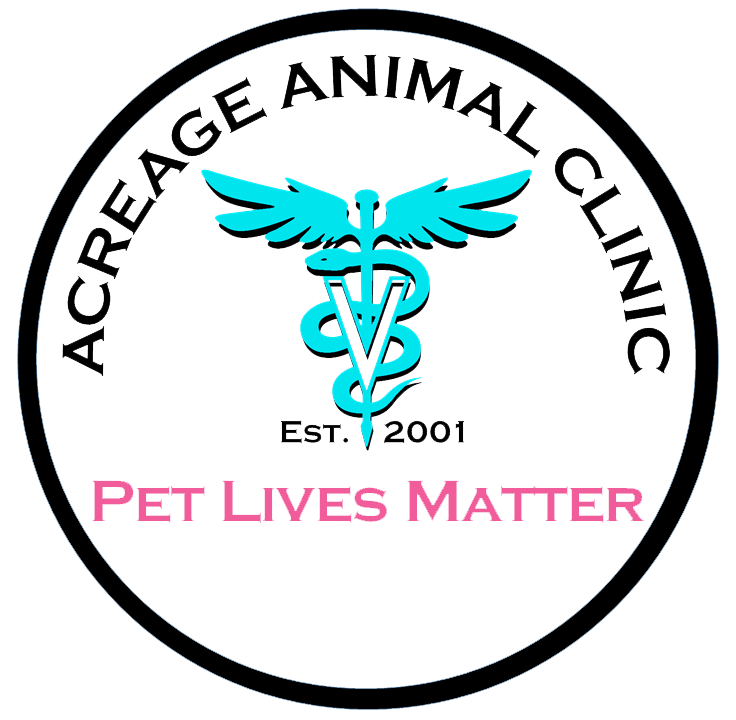Where to start?
Overwhelmed from thinking about your pet’s dental hygiene? Do you find yourself wondering why their breath smells? Or if you’re supposed to brush cats and dogs’ teeth regularly?… Not to worry, it’s actually quite simple once you break it down.
The Fundamentals
The secret to good dental hygiene for cats and dogs, similar to that of humans, is… you guessed it… Prevention! In other words regularly brushing your pets’ teeth.
“So if I don’t brush my pet’s teeth, they’ll keep having bad breath?”
Although brushing is the gold standard of dental care recognized by the Veterinary Oral Health Council (VOHC), there are other methods of maintaining dental hygiene. For example, if your pet doesn’t allow you to brush their teeth, there are dental treats that help prevent plaque build-up. Be sure to look for the VOHC® Seal of Acceptance because not all brands of dental treats are created equal - here is a list of approved cat treats and dog treats. The next time your cat or dog jumps up on your lap, take a quick peek at their teeth and gum line.
The Nitty Gritty
Causes
Dental disease is caused by a build-up of plaque on the teeth which leads to an infection of the gums. Such an infection can lead to calcified dental tartar forming on the teeth’s surface, which in-turn promotes bacterial growth in the oral cavity. Several factors can cause periodontal disease or reduce the immune system’s ability to fight dental infections.
Inherent anatomical issues: tooth crowding, malocclusion
Pre-existing conditions: diabetes, kidney disease, FIV, FeLV
And most importantly, DIET!!!
Symptoms
Periodontal (dental) disease is the most prevalent medical issue in small animal medicine according to the World Small Animal Veterinary Association (WSAVA).[1] There are two distinct phases of periodontal disease: gingivitis and periodontitis. Early stages of periodontal disease are often overlooked because plaque and gingivitis are visually difficult to detect, so bad breath is the easiest indicator to look out for.
The most common symptoms of periodontal disease are:
Bleeding or red gums
Loose teeth
Dropping food bits while eating
Bad breath (halitosis)
Disease & Effects
Periodontal disease begins with plaque build-up and leads to gingivitis (inflammation of the gums). When the gums are inflamed, the permeability of the oral vasculature (blood vessels) increases thereby allowing for bacteria and other harmful contaminants to enter the bloodstream. Such bacteria is known as bacteremia and can cause serious infections in the brain, heart, kidneys, liver, and joints.
If bacteremia is not removed from the bloodstream by the immune system, it can lead to sepsis. Sepsis can be hard to detect in pets at home. Symptoms include rapid heart rate, breathing and high/low body temperatures, along with increased white blood cell (WBC) count. If sepsis is left untreated, your pets blood pressure can drop dangerously low and trigger septic shock, which results in inadequate blood flow to organs and ultimately organ failure.
“Is it really THAT serious?”
A study by the American Animal Hospital Association (AAHA) found that by the age of 2, approximately 80% of dogs and 70% of cats had some form of periodontal disease.[2]
Let’s keep it 100 here. Think about it this way, everything that enters your pets body begins at the mouth: food, water, treats, frisbees, toys… you name it. For this same reason, the oral cavity has many immune functions built-in to prevent the dirt on your cat’s toy from making your cat sick… because a cat needs to be able to play with his/her toy.
So yes, it really is that serious. And it’s honestly not that difficult. Owners just need to be conscious of periodontal disease and maintain their pet’s teeth.
Treatment
So as you can see, your pet’s oral hygiene matters just as much as yours does. If you know your dog has bad breath and have been putting it off here is what you need to do:
Book an appointment today to get your furry friend checked out by a licensed veterinarian.
If necessary, schedule your pet for a dental cleaning.
Remember to regularly brush and monitor your pet’s teeth.
Spoil them with a VOHC®-approved dental treat or two every so often.
[1] https://www.wsava.org/Guidelines/Global-Dental-Guidelines
[2] https://www.aaha.org/public_documents/professional/guidelines/dental_guidelines.pdf





